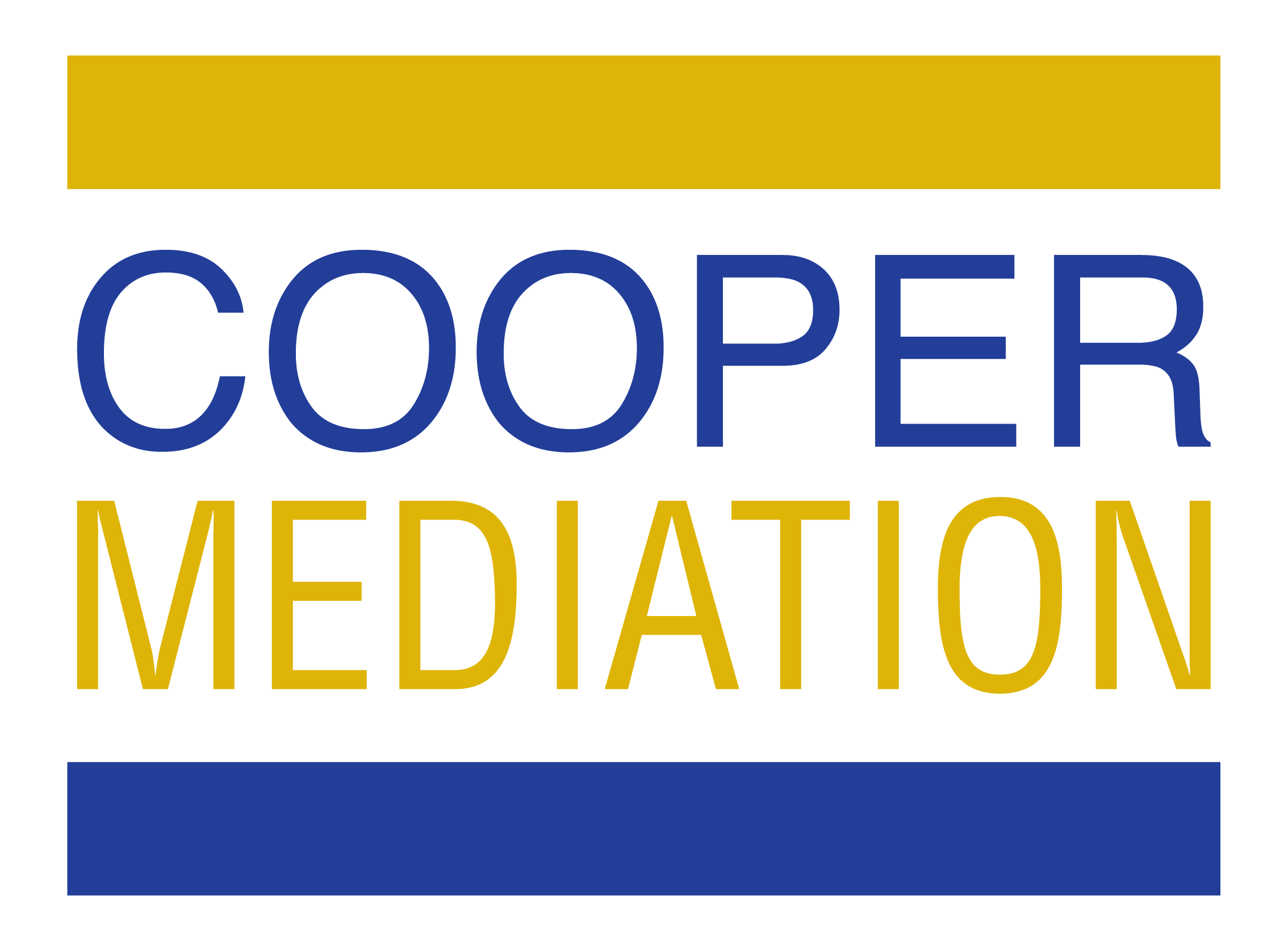
16 Nov How To Address Serious Liability Disputes At Mediation
I like to think of a mediation as planning a trip to Settlement-ville. Unless one or more parties are absolutely set on going to Trial-town instead, the people at a mediation are generally interested in finding a way to a mutually agreeable destination – even if it may not be the exact neighbourhood they wanted. What if one of the parties thinks they should not be on this trip at all? What if they’d like to take the first exit to a picturesque village called Not My Responsibility? When there is a serious liability dispute at mediation, things can quickly fall apart.
In this blog post, I offer some tips on how to address serious liability disputes before and during a mediation. Being proactive when confronted with such a situation can help all parties make adjustments to their trip itinerary.
Discussing Coverage and Liability at Pre-Mediation
In any file which involves insurance, two matters must be dealt with head on: coverage and liability. Coverage issues, whether they concern covered versus non-covered claims, additional insured status or disputes between insurers covering the same risk for a co-insured, should be discussed early to avoid throwing a wrench into settlement talks.
A pre-mediation conference can help determine whether there are unresolved coverage issues that should be the subject of additional discussions. Moreover, advance talks prior to negotiations can ensure that all parties who may have liability are properly represented during settlement discussions and/or that their representatives have the appropriate authority to negotiate.
Plaintiff lawyers may want to consider offering liability experts for informal examinations or hot-tubbing in advance of the mediation if one or more of the defendants is disputing liability.
Similarly, if multiple defendants may share liability, discussions between them sorting out who is or who is not liable and any apportionment of liability should happen in advance of a mediation if at all possible. The proportion of liability a party is ultimately assigned can significantly alter their willingness to negotiate and their position relative to the zone of potential agreement.
If either of these matters first appears or reappears during time set for settlement discussions, the chances of achieving resolution diminish greatly. While constructive dialogue between parties in advance of choosing a mediator can resolve these issues, a pre-mediation conference which addresses these issues and creates a roadmap for resolving them or how they can be set aside to allow for other matters to be discussed can be immensely helpful.
In complex matters where there are significant disputes about coverage and/or liability among multiple parties, considering a separate mediation to deal with them specifically is another sensible option. Exchanging policy contracts, indemnities, and all other pertinent information before this session is strongly advised. Clearing the decks so that a mediation can deal with specific facts and/or risk assessments of continuing to trial tend to make for more productive sessions.
While creating space to address coverage and liability issues in advance of serious settlement negotiations is one benefit of a pre-mediation conference, these talks are also crucial for ensuring that all documentation and reports necessary for parties to make firm offers will be ready and shared prior to mediation.
Assessing Risk
If multiple defendants are parties to an action (or if coverage disputes between insurers are taking place outside of discussions with the plaintiff), assessing risk exposure and determining an appropriate offer quantum to mitigate against risk at trial can become quite complicated – especially if settlement negotiations turn to global offers rather than numbers attached to each line item.
Each party may come to a different conclusion about their level of risk that influences their determination to seek a settlement. Occasionally one party will be a holdout and lobby for a trial. In these cases, the other parties may consider whether to attempt to reach an agreement without the holdout. A mediator involved in these discussions will likely explain the shifting risk born by a party not involved in a settlement. Partial settlement agreements, such as a Mary Carter agreement or a Pierringer agreement, can be reviewed, discussed and considered.
The Best Laid Plans…
Even when you’ve been proactive about identifying and dealing with coverage or liability disputes in advance of mediation, these issues can still arise or reappear as negotiations get underway. In this case, use your mediator to help direct discussions.
On one hand, coverage and liability issues could be treated as any other issue with a mediator when determining the most productive way to facilitate discussions amongst the parties. A skilled mediator will appreciate and learn about coverage and liability disputes without losing sight of other aspects of the file and should manage information exchange in a way that does not completely sideline a party that may not have an interest in this dispute.
However, a skilled mediator will likely ask all parties to consider how this issue could affect other elements of negotiations, including risk assessment, quantum, and the ability to come to a settlement on the day of mediation.
Conclusion
Complex coverage and liability issues can send a mediation session careening off the road to Settlement-ville if not dealt with sufficiently in advance. However, even if these issues arise at a mediation, a skilled mediator who senses potential trouble ahead will help navigate the detour in an effort to get you (closer) to a mutually agreeable destination.
ABOUT THE AUTHOR
Logan Cooper joined the Cooper Mediation team in November 2017 and devotes 100% of her professional time to mediating at roster-rates. She has mediated over 150 cases in the areas of personal injury, property damage, long-term disability and other insurance-related disputes. She has handled global mediations, cases with multiple parties, self-represented litigants and cases with complicated technical and interpersonal challenges.
Logan can be reached at logan@coopermediation.ca or (416) 726-1344.
To schedule a mediation with Logan, visit: https://coopermediation.ca/logan-cooper-online-calendar/.
